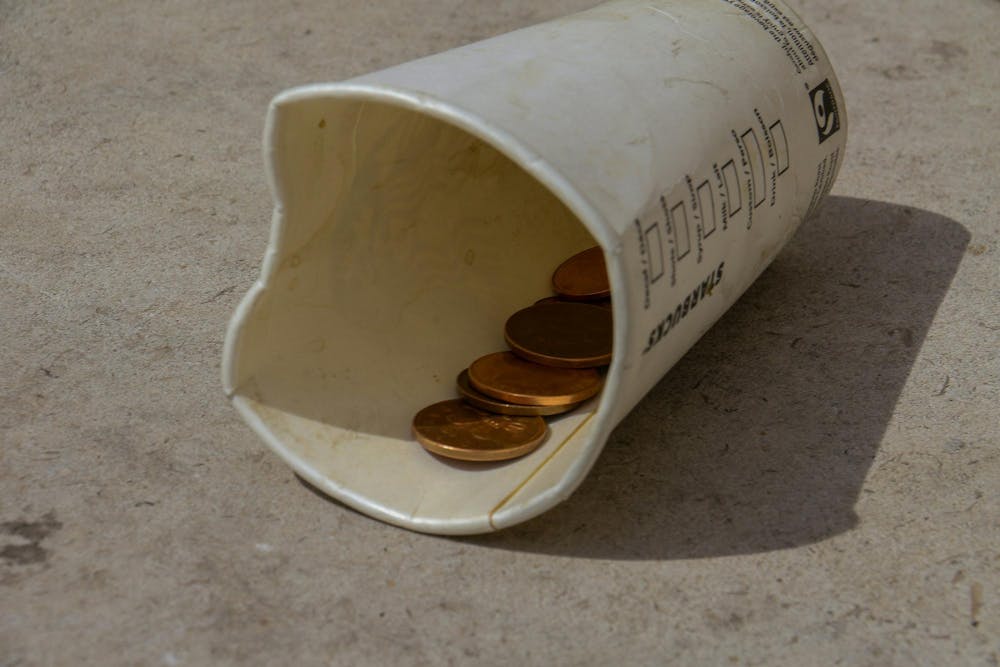Homelessness today recasts a major social problem. As a form of poverty lived in extremis, it tears at the heart of our nation’s democratic beliefs and ruptures the body of our social welfare state. Without question, the forms of homelessness have changed over the past 150 years, but the underlying structure has remained the same: alienation, destitution and illness (physical, mental, spiritual). Not since the depression years of the 1890s and 1930s has there been such fervent concern over the conditions and causes of homelessness.
In fact, the homeless outlier in America has journeyed from the freight train to the shelter. We have come a long way from the tramps and hoboes, “rail-squatters ranged in nomad raillery,” as Hart Crane put it in his poem, “The River.”
Historically, the hobo, a romanticized figure of the waning frontier, symbolized the migratory worker in an age of industrial expansion. Skid row “bums” represented the stationary life in an era of industrial surplus. The “bum” was a hobo who had reached the end of the line—who was indeed down and out, yet managed to work sporadically and supply some needed demand for the casual labor market in urban centers.
Contemporary homelessness, however, reflects an economically and socially superfluous population, a new form of uprootedness that finds single men and women—and families—drifting amid the parks, street corners, emergency rooms and shelters of our cities. In part, the new homeless are the fallout from our most recent migration, that is, the dislocation resulting from the movement to a postindustrial society, which has accelerated over the past 45 years.
From the steam-driven engine of the locomotive to the information-based “engine” of the computer and internet, the homeless (in one form or another) have been a significant fixture of our social landscape.
All of these forms of homelessness share a common crisis in social standing. Their ranks squat at the terminus of a given frontier, industrial or postindustrial, and reveal who has been sacrificed and left behind in the broad leaps toward a nation’s progress and wealth.
However, that wealth has been spread very unevenly. For instance, the top 10% of Americans garner 70% of the nation’s wealth, while the bottom 50% get the trickle-down — a mere 2%. The homeless have always stood as a stark reminder of the radical maldistribution of income and wealth in the US — the tip of the iceberg, so to speak.
Many measures are needed to reclaim the homeless today, such as major investments in community mental health and drug treatment centers, subsidized housing, continuum of care shelters that offer an array of vital services and inexpensive single-room occupancy hotels.
But we should aim higher and target prevention. This would entail improving the lot of the poor and working class as well.
Since living in America has become an unaffordable proposition for too many of our compatriots, we must lift the minimum wage to a living wage, which would be, on average, $20 per hour. Still, at that wage, 43% of gross income for a single person would be needed to afford a one-bedroom apartment (median price equals about $18,000 per year nationally).
To further prevention, we must institute broad-based policies such as wage subsidies, guaranteed jobs in the public sector and a universal basic income for those individuals making less than $40k per year. Also, if we value sustainable work, then we must foot the tuition bill for the economically disadvantaged to attend vocational training programs, community colleges and public universities.
Such measures will not only stem the flow of homelessness in the future but also keep the bottom 50% of Americans from slipping through the growing cracks of our economy. Adaptation requires a commitment to ensure a social environment that does not destroy but nurtures our collective hopes and dreams. We need to build a supportive nation that works to secure freedom, choice and opportunity for everybody, and not just the upper crust.
Benedict Giamo
professor emeritus of American studies
University of Notre Dame










